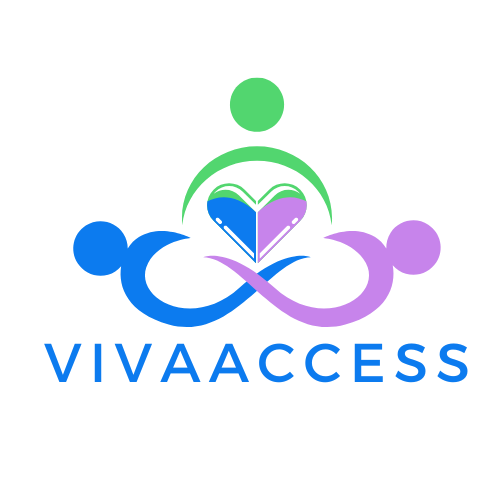Diagnosing learning disabilities (LD) is a complex process that requires a multidisciplinary approach involving healthcare professionals, educators, and sometimes psychologists. The process typically begins with a thorough evaluation of the individual’s cognitive abilities, academic skills, and behavioral patterns. This evaluation may involve various assessments, including standardized tests, interviews with parents and teachers, observations in the classroom, and reviews of the individual’s academic and medical history.
Standardized tests are often used to assess specific areas of academic functioning, such as reading, writing, and mathematics. These tests can help identify areas of weakness and provide valuable information for developing intervention strategies. Additionally, assessments of cognitive abilities, such as IQ tests, may be conducted to understand the individual’s overall intellectual functioning and potential areas of strength and weakness.
Psychological evaluations may also be part of the diagnostic process, especially if there are concerns about emotional or behavioral factors contributing to the learning difficulties. These evaluations may include assessments of attention, executive functioning, and emotional well-being.
Cultural and linguistic factors are important considerations in the diagnostic process. It’s essential for evaluators to be sensitive to the cultural background and language proficiency of the individual being assessed to ensure that the evaluation is fair and unbiased.
Once the evaluation is complete, the results are carefully analyzed to determine whether the individual meets the criteria for a diagnosis of LD. If a diagnosis is made, the next step is to develop an individualized education plan (IEP) or a 504 plan, which outlines specific accommodations, modifications, and support services that will help address the individual’s unique learning needs.
Overall, the diagnostic process for LD requires collaboration among professionals, parents, and educators to ensure accurate identification and appropriate support for individuals with learning difficulties.







